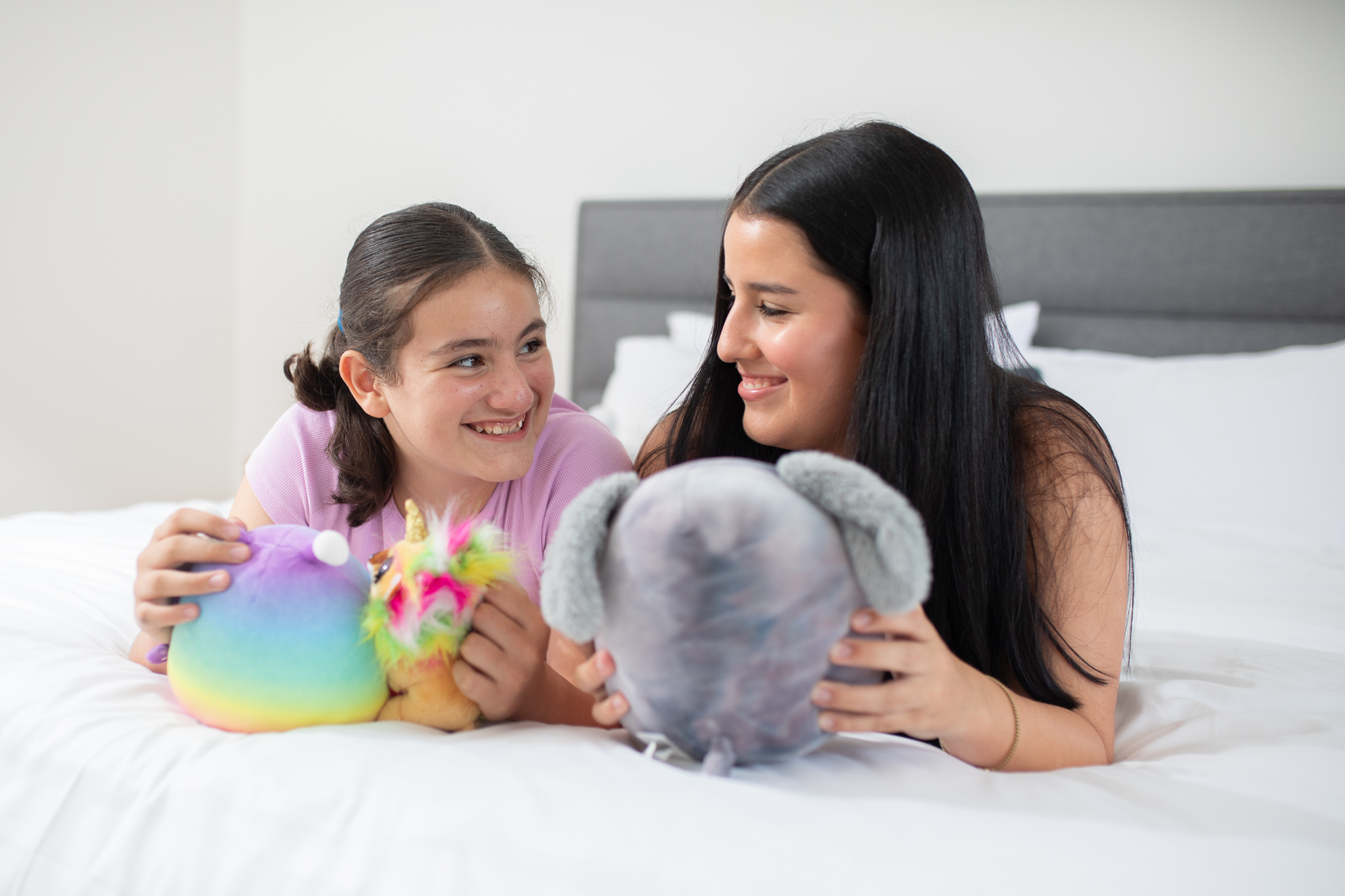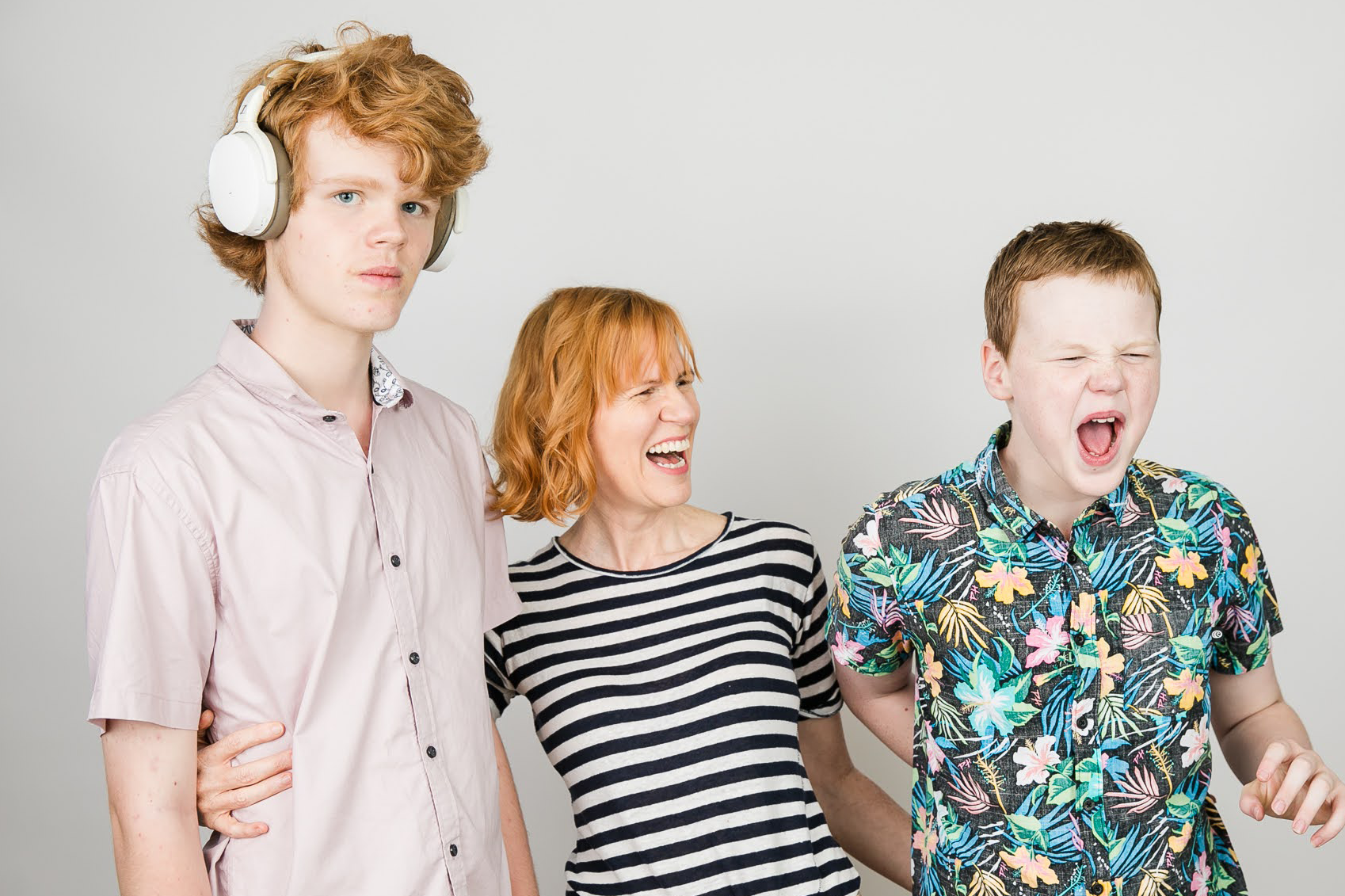How to get the best out of your GP

Many parents or carers who have a child who’s been diagnosed with autism will feel disappointed by how they are supported (or not) by the medical profession.
Some may even be angry or resentful. They may feel they have been dismissed, ignored or pushed away.
Unfortunately, because of the history of both autism and medical education, many doctors know very little about autism. The diagnosis itself, largely unknown except to a small group of researchers and parents until the 1980s, has risen dramatically in prevalence in recent decades and undergone many permutations until we’ve reached the current diagnosis of autism spectrum disorder (ASD). While awareness of autism has rocketed, many misconceptions remain both among the general public and the medical professions.
Why is this so?
The first medical port-of-call for most families is their GP, or general practitioner. As the name implies, a GP is a ‘generalist’, trained to treat care for people of all ages, all walks of life, and with all types of medical issues and concerns, whether it be asthma, or diabetes or depression. Many GPs (over 40%, according to one 2015 survey) are aged in their fifties or older and completed their medical training before autism properly hit the radar.
Consequently, their knowledge in this one specific area of paediatrics may be very limited. On the other side of the desk may sit a mother of a child recently diagnosed with autism. In her hands a thick folder brimming with reports from therapists and specialists, and in her mind concepts about the cause, management or even supposed cure for autism swirl around, the result of hours and hours of research into this ‘intruder’ on her family. Some of these concepts she may hold may be correct, some may not.
As a GP who educates other GPs about autism, I can tell you this can be daunting.
How does a doctor offer advice to someone who apparently knows more about the topic than they do? The answer is, as a rule they can’t.
However, things are changing for the better. GP education programs are popping up everywhere. I have been involved in developing an important education module on autism, to be presented at the Royal Australian College of General Practitioners national conference in October, and I am regularly lecturing trainee GPs on autism as part of their education. The public are becoming more aware of autism and the medical professions, including GPs, are slowly but surely improving their skills in helping patients with autism and their families.
So, it’s therefore best that families not expect a huge amount of knowledge about autism from their GP. A GP will never be an ‘expert’ on autism, but he or she should remain a GP to the family and to the child, an expert on common health issues, an advocate for the family in the health system and a guide to science in general.
They should also be able to remain the family doctor, including to your child, dealing with the routine — vaccinations and ear infections (looking in the ears, with the sensory issues that may entail) — and those conditions that, while not unique to autism, are certainly more prevalent, such as nutrition issues with restricted diets, constipation and medication side effects. All these are within the remit of your GP.
A young child with autism will eventually become a not-so-young child, and then an adolescent and eventually an adult. Like everybody else, their health needs will evolve as they grow. For some, the psychosocial and medical issues common to those on the spectrum, such as behaviour and mood disorders, weight issues or bullying, will be central to their medical and mental health wellbeing. Others may develop health conditions that have nothing to do with their autism. Medical stuff just happens sometimes.
Your child will need a conduit to the health system, preferably one they are familiar with and that both you and they can trust. Eventually there may come a time when the doctor will request to see your adolescent with autism by themselves, even if only for part of the consultation. This is all part of becoming an adult. Aim to let your child have this support through childhood, and then if possible transition them to whatever medical independence they can achieve.
In recent years the neurodiversity movement has arisen, where many are now thinking we should consider autism as a difference, not a disability. However, of course, many of the co-diagnoses that often go with autism, such as intellectual disability or anxiety, can be severely disabling. The medical community need to keep up with these changes and appreciate that the differences of their autistic patients need to be respected and sometimes even lauded.
Find a GP that will be your child’s guide, but also their advocate.
Written by Dr. James Best,
General Practitioner,
Author of Sam’s Best Shot






